How to create a skincare routine for acne-prone skin | |
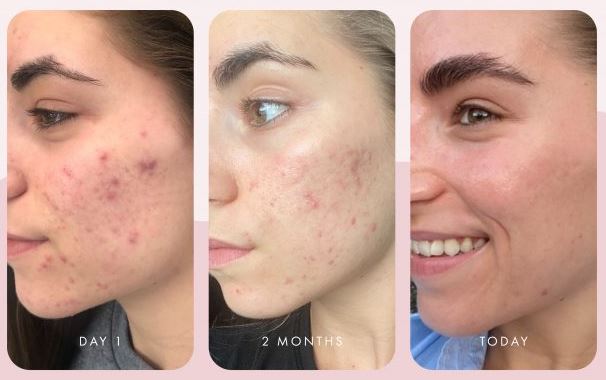
| |
Dealing with acne can be frustrating and challenging, but with a well-designed skincare routine, you can effectively manage and improve the condition of your acne-prone skin. A proper skincare routine can help reduce breakouts, control excess oil production, soothe inflammation, and promote overall skin health. In this article, we will guide you through the steps to create an effective skincare routine specifically tailored for acne-prone skin. 1. IntroductionAcne-prone skin requires a consistent and gentle approach to skincare. It's important to choose products that are non-comedogenic, gentle, and specifically formulated for acne-prone skin. Building a skincare routine that addresses the underlying causes of acne while maintaining the skin's balance is key. 2. Understanding Acne-Prone SkinAcne-prone skin is characterized by the overproduction of oil, clogged pores, and the presence of pimples, blackheads, or whiteheads. It may also be prone to inflammation and redness. Hormonal imbalances, genetics, stress, and improper skincare practices can contribute to acne. 3. CleansingProper cleansing is the foundation of any skincare routine for acne-prone skin. Use a gentle cleanser specifically formulated for acne-prone skin to remove dirt, excess oil, and impurities without stripping the skin. Look for ingredients like salicylic acid, benzoyl peroxide, or tea tree oil, which help control oil and combat acne-causing bacteria. Cleanse your face twice a day, morning and evening, to keep your skin clean and fresh. 4. ExfoliatingExfoliation is crucial for acne-prone skin as it helps remove dead skin cells, unclog pores, and prevent acne breakouts. However, it's important to choose gentle exfoliants to avoid irritating the skin. Look for chemical exfoliants containing ingredients like alpha-hydroxy acids (AHAs) or beta-hydroxy acids (BHAs). These exfoliants work to gently exfoliate the skin and promote cell turnover, revealing a smoother complexion. Limit exfoliation to 1-2 times per week to prevent over-exfoliation and potential skin irritation. 5. Treating and Targeting AcneTo effectively treat and target acne, incorporate products with active ingredients that help control breakouts and reduce inflammation. Look for spot treatments or serums containing ingredients like benzoyl peroxide, salicylic acid, sulfur, or niacinamide. These ingredients help unclog pores, reduce excess oil, and calm inflammation. Apply these treatments after cleansing and exfoliating, targeting the affected areas or areas prone to breakouts. 6. Hydrating and MoisturizingMoisturizing is a crucial step in any skincare routine, including acne-prone skin. It helps maintain the skin's hydration, balance oil production, and prevent moisture loss. Look for lightweight, non-comedogenic moisturizers that provide hydration without clogging pores. Ingredients like hyaluronic acid and ceramides are beneficial for acne-prone skin as they hydrate without adding extra oil. Apply moisturizer after treating acne or spot treatments, focusing on areas that tend to be drier. 7. Sun ProtectionProtecting your skin from the sun is essential, even if you have acne-prone skin. Choose a broad-spectrum sunscreen with an SPF of 30 or higher that is oil-free and non-comedogenic. Sunscreen helps prevent sun damage, reduce inflammation, and prevent post-inflammatory hyperpigmentation. Apply sunscreen as the last step of your skincare routine in the morning, reapplying throughout the day as needed. 8. Additional Tips for Acne-Prone Skin
9. Final ThoughtsCreating a skincare routine for acne-prone skin requires a gentle and consistent approach. By understanding your skin's needs and using the right products, you can effectively manage acne, reduce breakouts, and promote a healthier complexion. Remember to be patient, as skincare results take time. With dedication and proper care, you can achieve clearer and healthier-looking skin. FAQs1. Can I use oils on acne-prone skin? While certain facial oils can benefit acne-prone skin, it's important to choose non-comedogenic oils that won't clog pores. Look for lightweight oils like tea tree oil or rosehip oil, known for their anti-inflammatory and antimicrobial properties. Test a small area first and monitor how your skin responds. 2. Should I avoid moisturizing if I have oily or acne-prone skin? Moisturizing is still essential for oily or acne-prone skin. Look for lightweight, non-comedogenic moisturizers that won't clog pores. Proper hydration helps balance oil production and prevent excessive sebum production. 3. Can I skip sunscreen if I have acne-prone skin? No, sunscreen is crucial for all skin types, including acne-prone skin. Look for oil-free and non-comedogenic sunscreen formulations to protect your skin from harmful UV rays. Sunscreen also helps prevent post-inflammatory hyperpigmentation and supports overall skin health. 4. How long does it take to see results from a skincare routine for acne-prone skin? Results may vary depending on the individual and the severity of the acne. Generally, it takes about 4-6 weeks to see noticeable improvements in the skin's condition. Consistency and patience are key when implementing a new skincare routine. 5. Can diet affect acne-prone skin? While diet alone may not be the sole cause of acne, certain dietary factors can contribute to breakouts in some individuals. It's important to maintain a balanced diet, drink plenty of water, and limit the consumption of processed foods and sugary snacks, as they may trigger acne flare-ups in some people. Consulting a healthcare professional or dermatologist can provide personalized guidance. | |
| Category: Skin Care | |
| Total comments: 0 | |
 |
| How to incorporate vintage pieces into modern outfits |
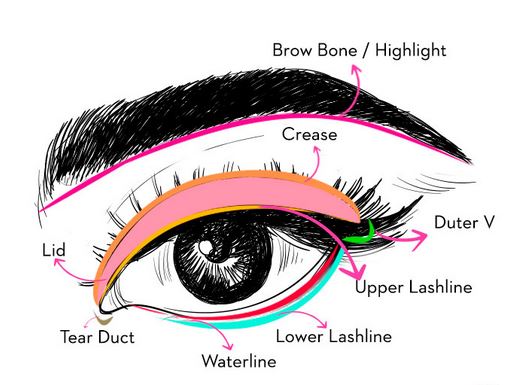 |
| Easy Makeup Tips for Beginners |
 |
| The Science Behind Hair Elasticity: Maintaining Hair Resilience |
 |
| The Benefits of Using Pre-Shampoo Treatments for Hair Health |
 |
| 5 Essential Makeup Products for a Summer Vacation |
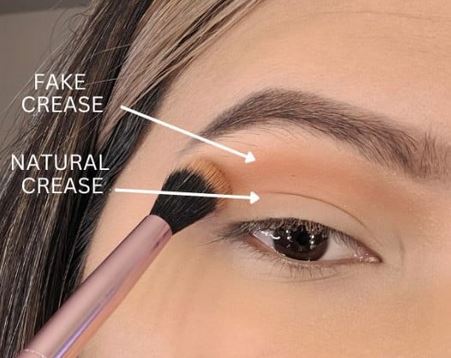 |
| Tips for Applying Makeup on Hooded Eyes |
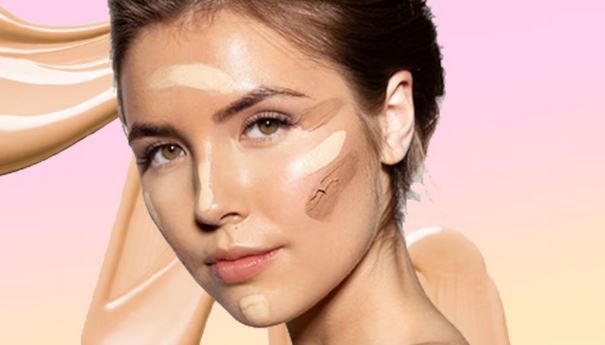 |
| How to Choose the Right Foundation for Your Skin Type |
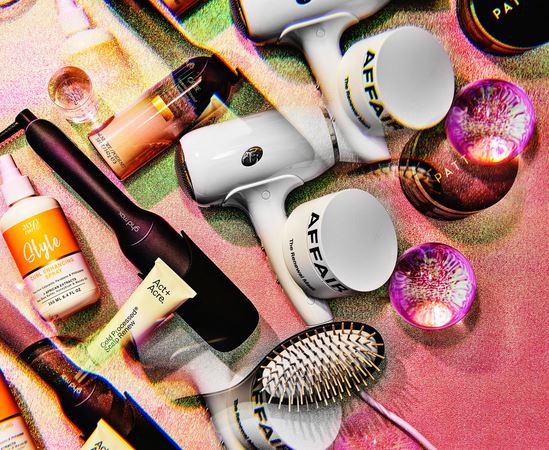 |
| The Best Hair Styling Products for Hold and Definition |
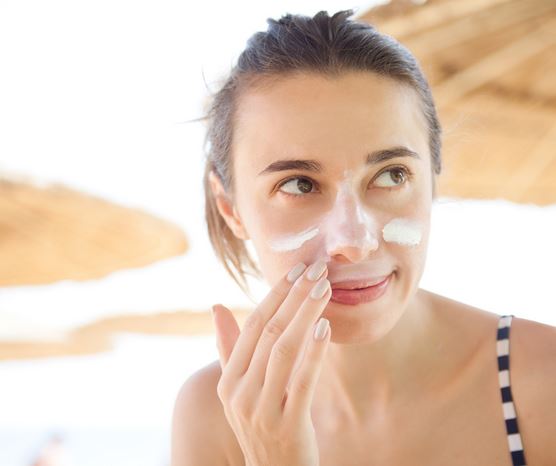 |
| The importance of sunscreen and sun protection |
